AUKUS partners unveil plans to expand technology pact
Australia, the US and the UK have made a long-awaited announcement about expanding the defence technology pact. This is what it means.
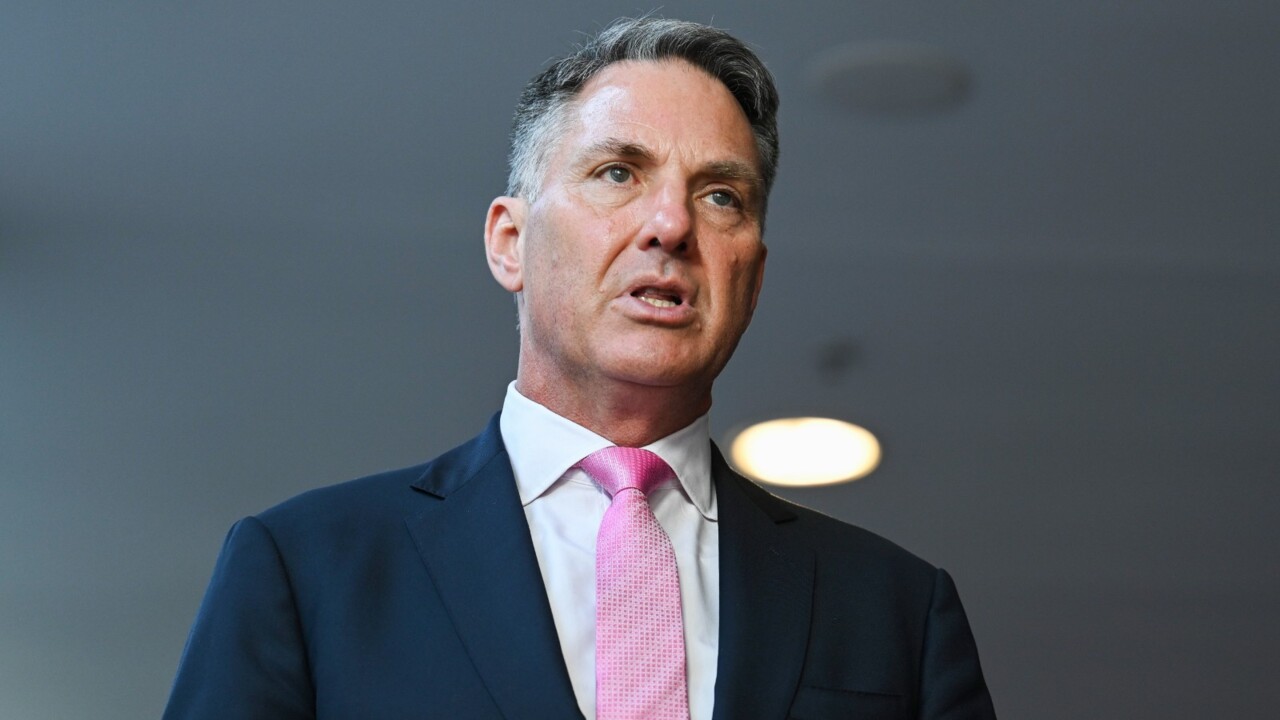
The AUKUS partners will commence talks this year to expand the pact with allies including Japan, saying it will only “strengthen this pursuit” of advanced military capabilities.
Australian Defence Minister Richard Marles, US Defence Secretary Lloyd Austin and UK Defence Secretary Grant Shapps made the announcement on the eve of Japanese Prime Minister Fumio Kishida’s state visit to Washington DC.
But Japan will only have the option to be involved in the pact’s second pillar – which is focused on developing cutting edge defence technology – rather than the first pillar to help Australia acquire a nuclear-powered submarine fleet.
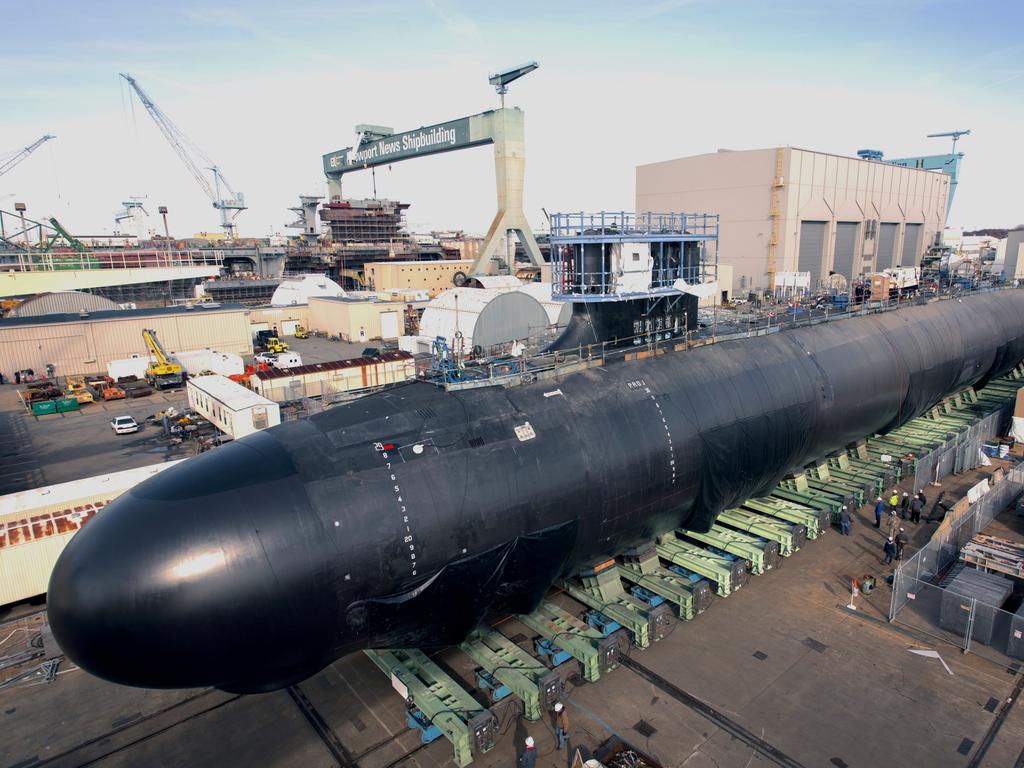
In a statement, the AUKUS defence ministers said they had been “clear in our intent to engage others in Pillar II projects” since the inception of the pact in 2021.
They said Japan would be prioritised given its “close bilateral defence relationships with all three countries”, although US and Australian officials recently suggested Japan had to improve its security procedures for handling sensitive technology if it were to be involved.
The AUKUS defence ministers said they had agreed on a pathway “for additional partner engagement in individual Pillar II projects”, which includes hypersonic missiles, autonomous undersea vehicles, quantum computing and artificial intelligence-powered weaponry.
Talks are planned this year with countries that could “contribute to, and benefit from, this historic work”, the ministers said.
“In identifying collaboration opportunities, we will take into account factors such as technological innovation, financing, industrial strengths, ability to adequately protect sensitive data and information, and impact on promoting peace and stability in the Indo-Pacific region,” they said in the statement.
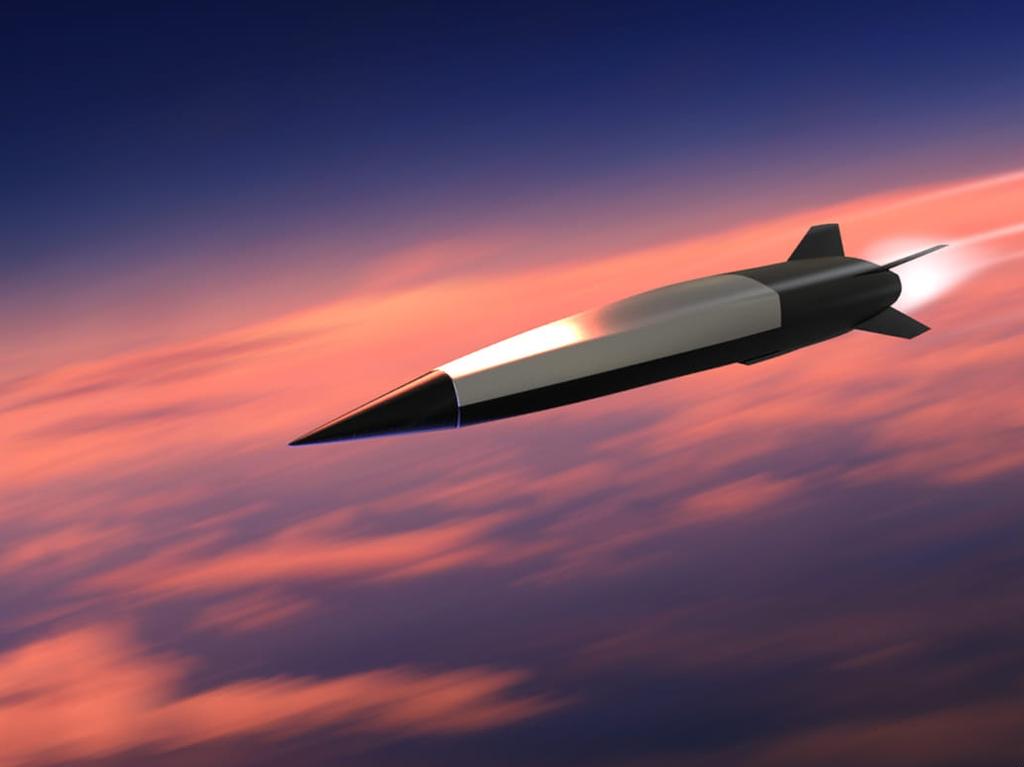
“Our objective remains to further the delivery of advanced military capabilities to our respective defence forces in support of regional stability and security; we are confident that engaging like-minded partners in the work of Pillar II will only strengthen this pursuit.”
In a lengthy update on the defence pact, the defence ministers also hailed “significant, tangible steps” taken on the nuclear submarine plan, with Australia recently confirming the builder of the SSN-AUKUS boats in South Australia, and personnel in Western Australia to help maintain a US vessel for the first time later this year.
Last month, 20 Australian industry experts completed a three-month placement at Pearl Harbor’s US naval shipyard, while more than 100 Australian sailors and officers will be in training in the US this year including on Virginia-class submarines.
AUKUS PARTNERS PREPARE FOR JAUKUS
The AUKUS partners are preparing to expand the defence pact to include Japan, bolstering the signature regional initiative to deter China’s military aggression.
Senior officials in Australia and the US have indicated Japan will team up with the AUKUS partners to develop advanced defence technology capabilities under the pact’s second pillar, with a formal announcement due to be made this week.
But Japan will not be involved in the first AUKUS pillar, which is focused on Australia’s acquisition of a nuclear-powered submarine fleet.
US President Joe Biden will host Japanese Prime Minister Fumio Kishida for a state visit at the White House this week, where they will lock in a major upgrade of the security alliance between the two countries.
The Financial Times reported that the AUKUS defence ministers – including Australia’s Deputy Prime Minister Richard Marles – would also confirm plans to expand the pact’s second pillar.
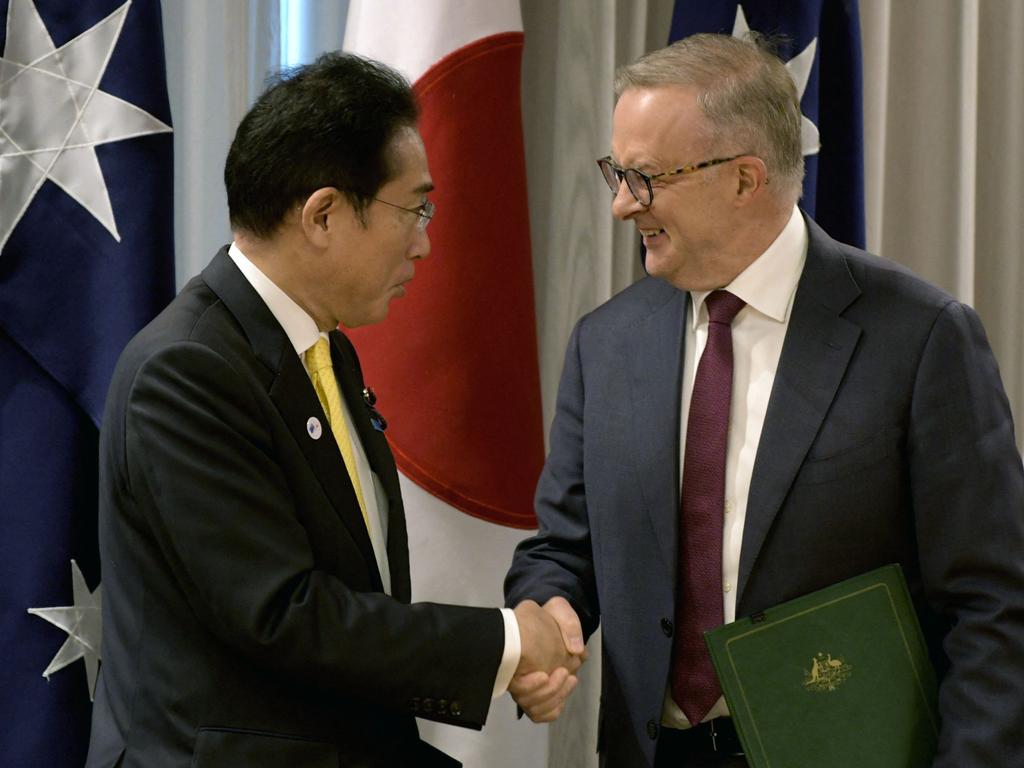
US ambassador to Japan Rahm Emanuel said last week that Japan was “about to become the first additional pillar two partner” under AUKUS.
And US Deputy Secretary of State Kurt Campbell said the White House would “have something to say about that” during the state visit.
“I think it was always believed when AUKUS was launched that, at some point, we would welcome new countries to participate, in particular, in pillar two,” he told the Center for a New American Security.
Under pillar two, the founding partners have so far focused on developing military technology including hypersonic missiles, autonomous undersea vehicles, quantum computing, and artificial intelligence-powered weaponry.
Mr Marles’s spokeswoman said in a statement that Japan was “an indispensable defence partner for Australia”.
“Our comprehensive defence relationship is underpinned by close strategic alignment and enormous potential for technology and industrial co-operation,” she said.
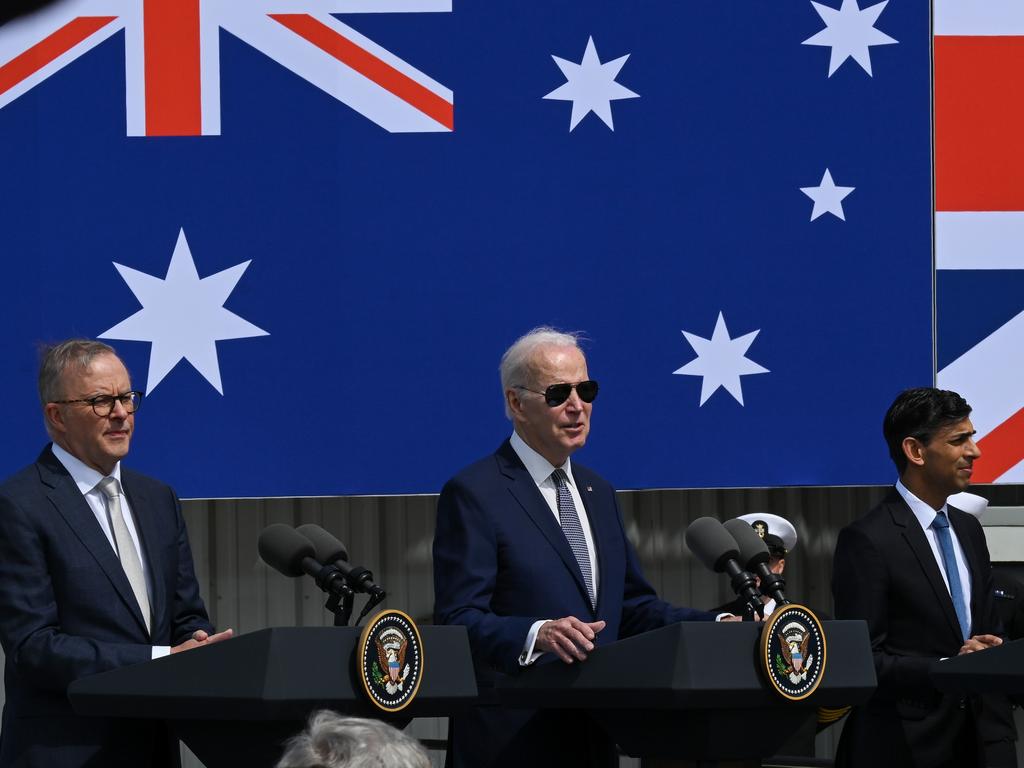
However, in February, he suggested to The Japan Times that the pact may not be expanded until enough progress had been made between Australia, the US and the UK.
“I think there is an opportunity at that point to look at how we can co-operate with Japan in relation to that,” he said.
Former prime minister Scott Morrison, one of the architects of AUKUS, warned last year that Australia needed to be cautious about expanding the pact.
He said Japan had “a bit of a journey to travel on” – with defence analysts pointing to the government needing to upgrade its security measures to share sensitive technology – but that it would be “first cab off the rank”, potentially on a project-by-project basis.
“You get into this by bringing something to the table,” Mr Morrison said.
“You can’t turn AUKUS into a like-minded coffee club for mini-lateral expression … This has to stay top-shelf all the way.”
Mr Campbell, asked last week about Japan’s security infrastructure, acknowledged that the government had “taken some of those steps but not all of them” to implement necessary upgrades for sharing sensitive technology.
US SUBMARINE PRODUCTION DELAYS EXPOSED
America’s production of the nuclear submarines it will sell to Australia is now up to three years behind schedule, with a top Biden administration official admitting the US is still “at the very early stages” of reversing the troubling delays.
The US Navy last week released a snap review of the problems in its shipbuilding program which revealed the Virginia-class submarines it ordered between 2014 and 2018 had been delayed by three years.
Those ordered between 2019 and 2023 were about two years behind schedule.
While Australia is due to buy at least three of the nuclear-powered boats from the US in the early 2030s, the US Navy is not expecting to meet its required two-per-year construction rate until 2028.
And in its 2025 budget request last month, it ordered only one Virginia-class submarine in a bid to catch up with the delays, sparking renewed concerns about the AUKUS deal.
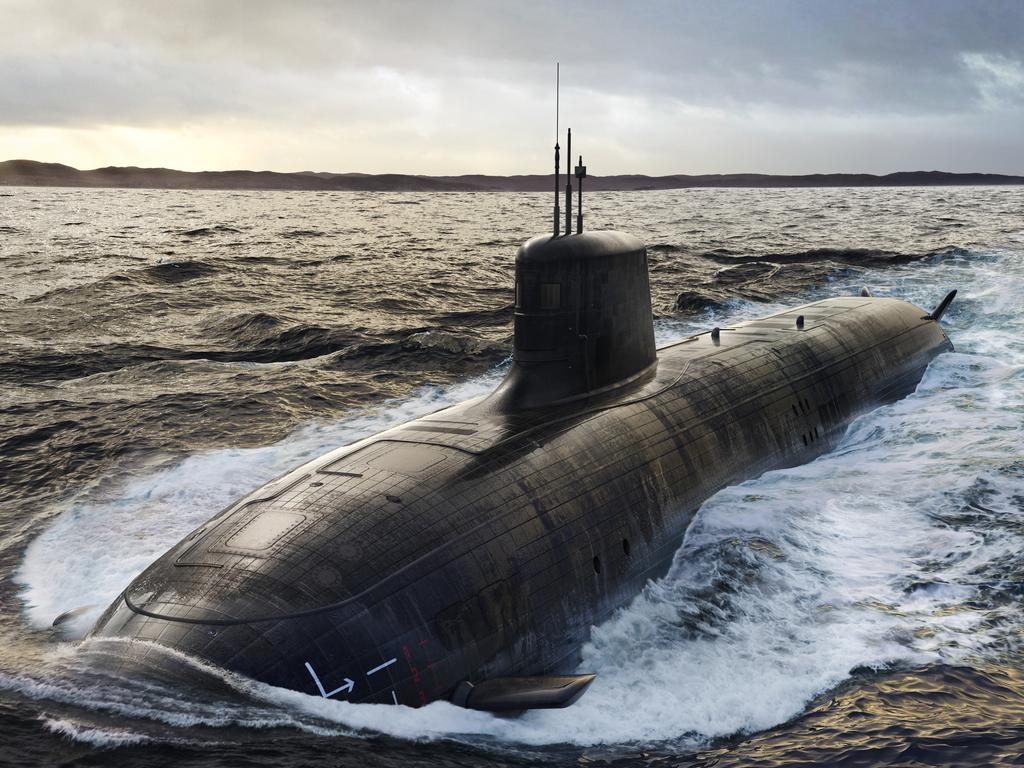
US Deputy Secretary of State Kurt Campbell said on Wednesday (local time) that America’s submarine industrial base was receiving an unprecedented funding injection – including Australia’s “very generous” contribution of $US3bn ($A4.6bn) – to fast-track production.
He blamed the delays on supply chains that were “easily choked” in the aftermath of the pandemic, as well as a consolidation of defence manufacturing in the 1990s that had left the US now struggling to respond to “urgent security demands in Europe and the Indo-Pacific”.
Australia’s ambassador to the US Kevin Rudd said the Australian government had completed a “big, careful study of this”, given the scale of its investment in US shipyards.
He said that while production had “gone down over the years”, the US was “very slowly rebuilding” and Australia was confident it would catch up over the next five years.
In an appearance at the Center for a New American Security, Mr Campbell said AUKUS was a “game-changer”, driving a “massive uptick” in resources for producing and maintaining nuclear submarines, which he called “the jewel in the crown of our defence industrial base”.
“It has reminded us that we needed to do more, both to build more submarines more generally, but also to get those submarines that need repairs that are in dry dock back in the water more quickly,” he said.
Amid ongoing uncertainty about the potential return of former US president Donald Trump to the White House, Mr Campbell expressed confidence that AUKUS had the momentum to “continue under almost any political circumstances”.
While he acknowledged there was “a strain in American politics that is isolationist and nationalistic”, Mr Campbell said there was broad bipartisan agreement in Washington DC about US strategy in the Indo-Pacific, including the submarine deal with Australia.
He also praised Australia for taking “the consequential steps” to begin delivering on the pact.
“It is audacious, it is critical to the security of all three nations, and it requires enormous heavy lifting in all three countries,” Mr Campbell said.
“All three governments have weathered early challenges and maintained their determination to fulfil the promise of AUKUS.”
More Coverage
Originally published as AUKUS partners unveil plans to expand technology pact





